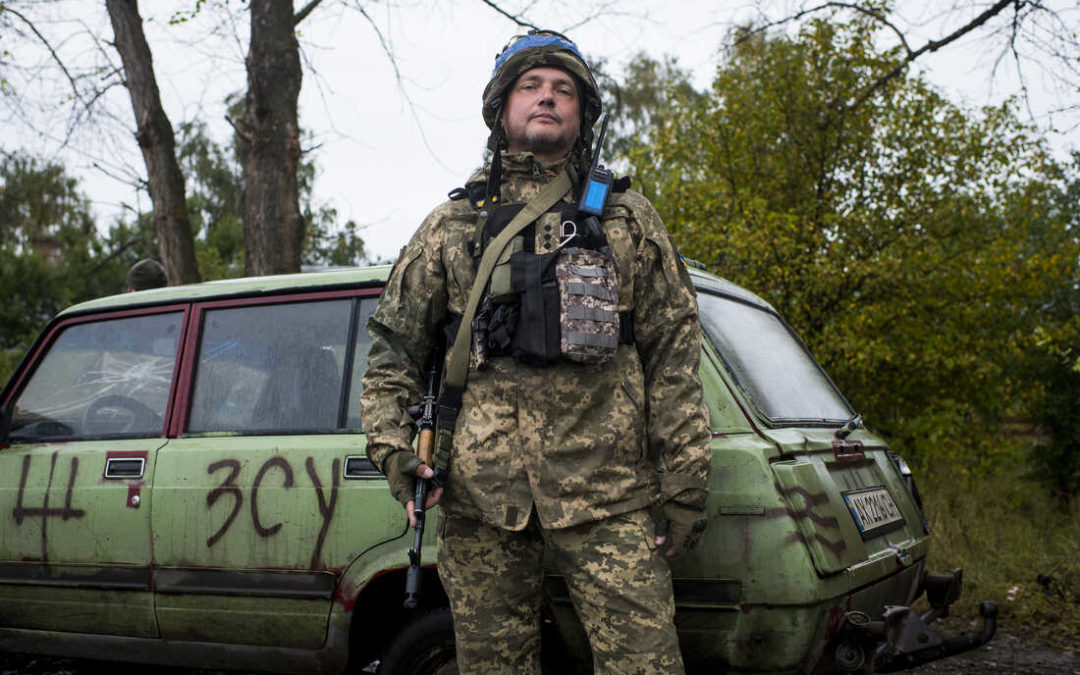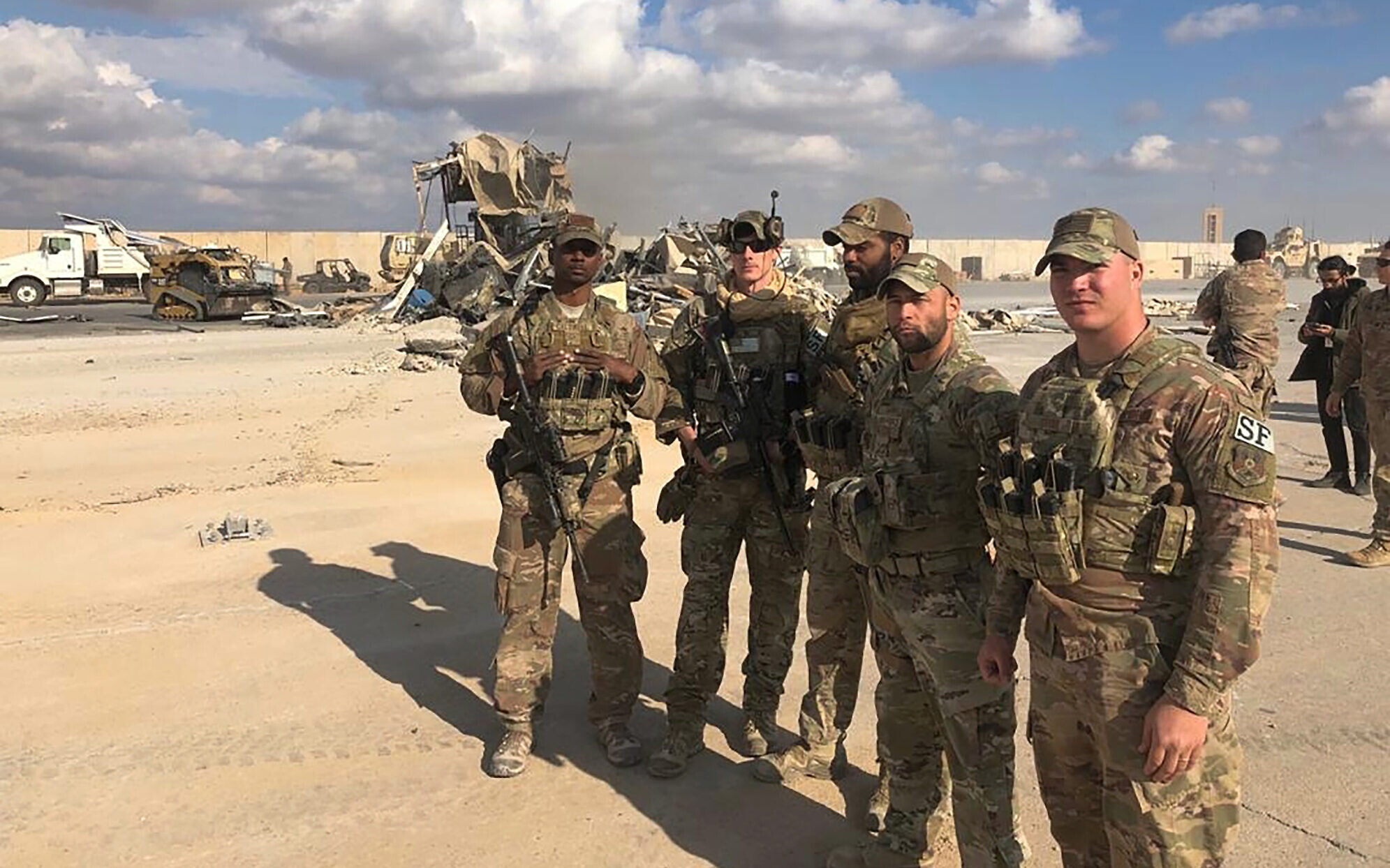Many around the world are on edge over the possibility of Vladimir Putin using tactical nuclear weapons to stem Ukraine's battlefield successes. This has revived calls, present since before Putin invaded Russia's neighbor, to negotiate a way out of this war. Those...



